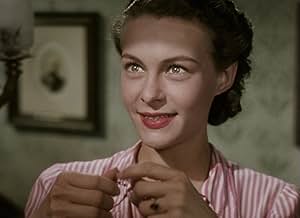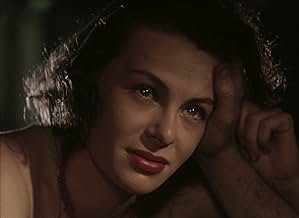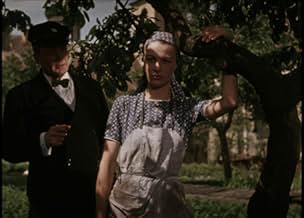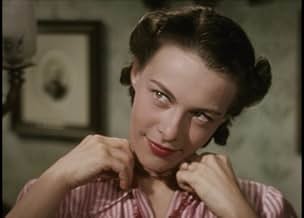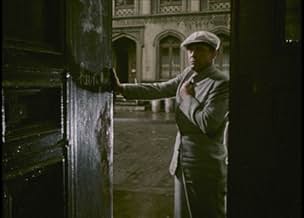Grosse Freiheit Nr. 7
- 1944
- 1h 51min
Aggiungi una trama nella tua linguaThe film tells the story of the blond "singing sailor" Hannes Kröger who works in a St. Pauli club on the Große Freiheit 7, and falls in love with a girl. But she prefers his rival Willem an... Leggi tuttoThe film tells the story of the blond "singing sailor" Hannes Kröger who works in a St. Pauli club on the Große Freiheit 7, and falls in love with a girl. But she prefers his rival Willem and Hannes returns to the sea.The film tells the story of the blond "singing sailor" Hannes Kröger who works in a St. Pauli club on the Große Freiheit 7, and falls in love with a girl. But she prefers his rival Willem and Hannes returns to the sea.

